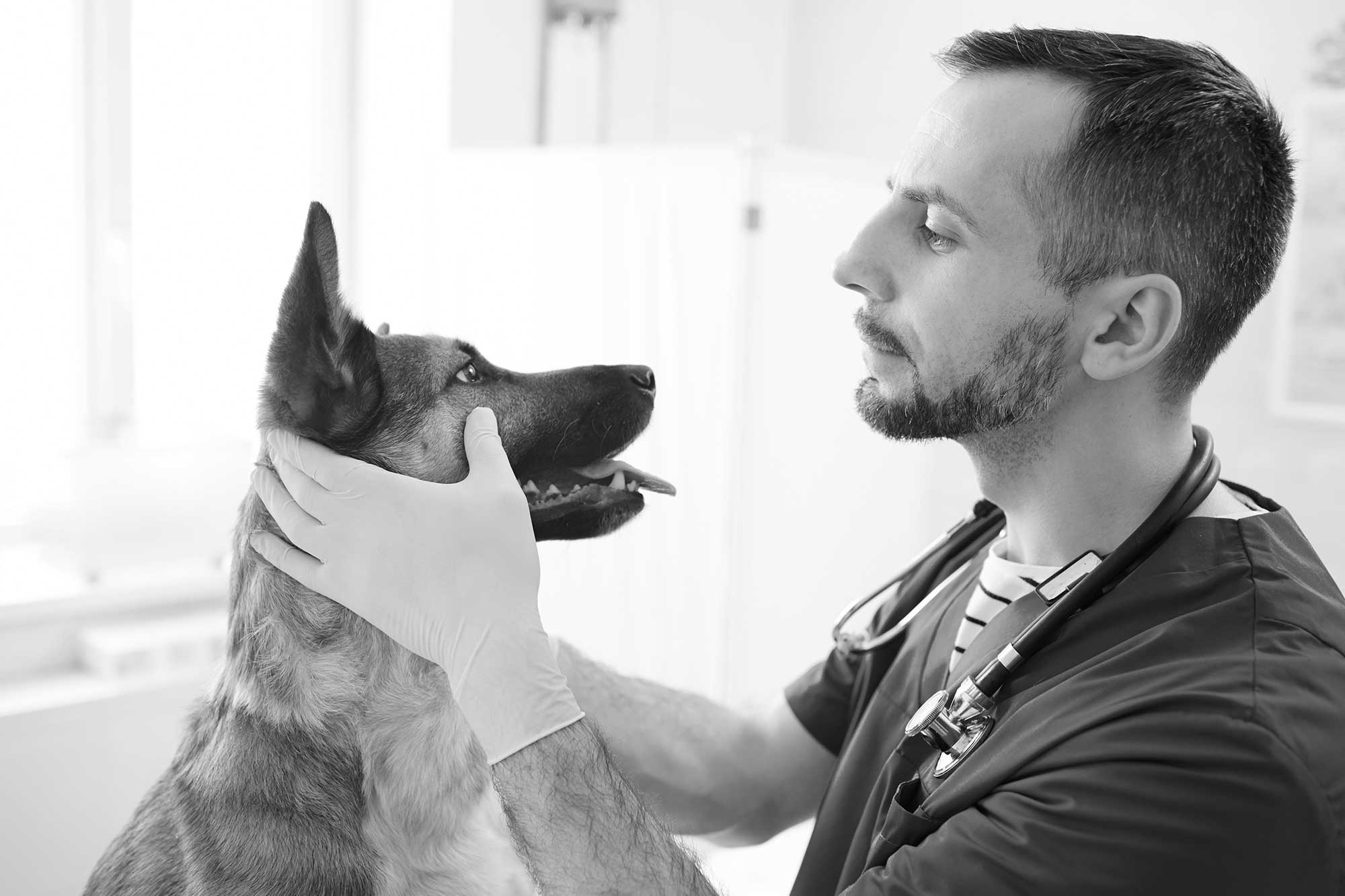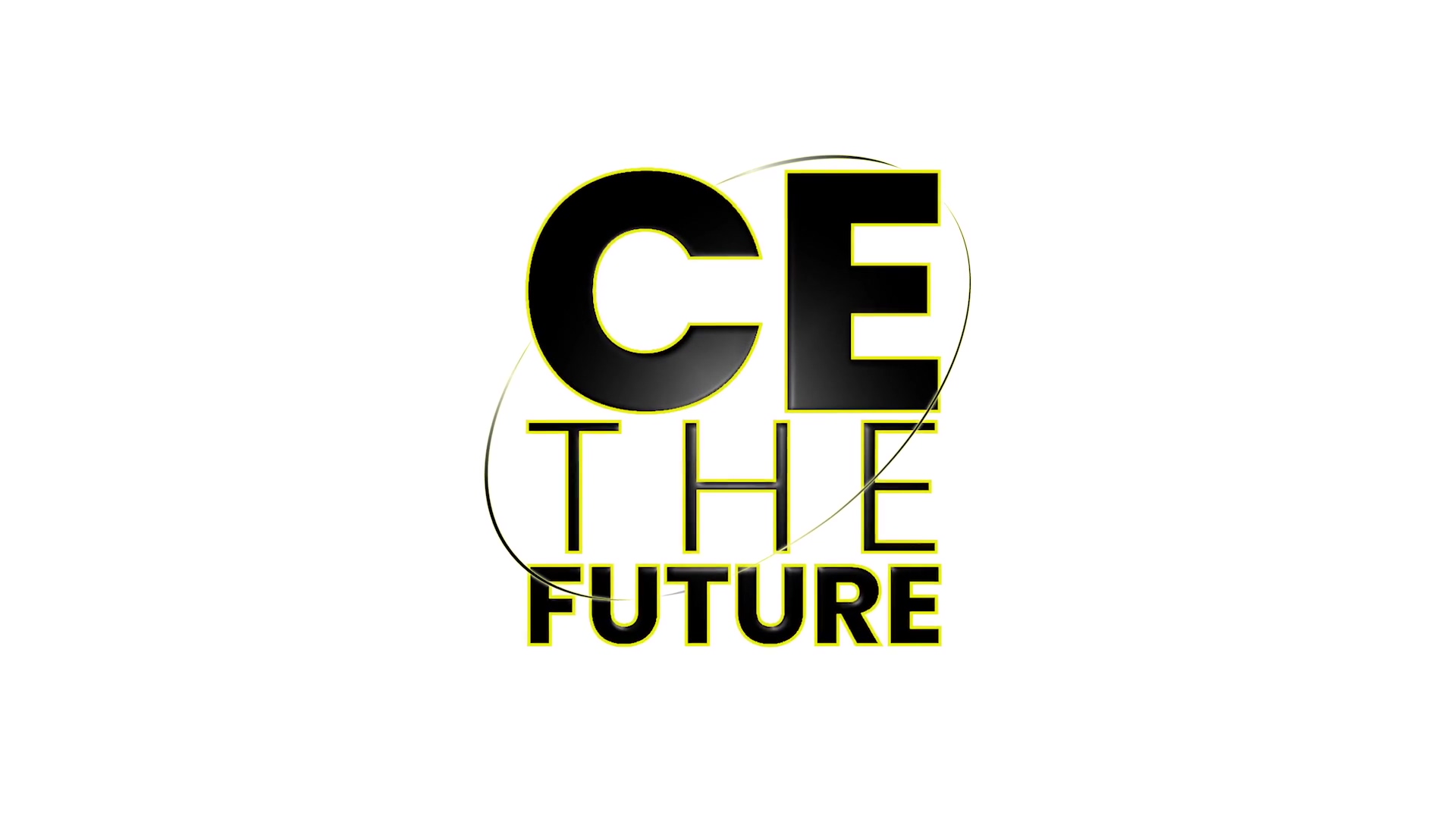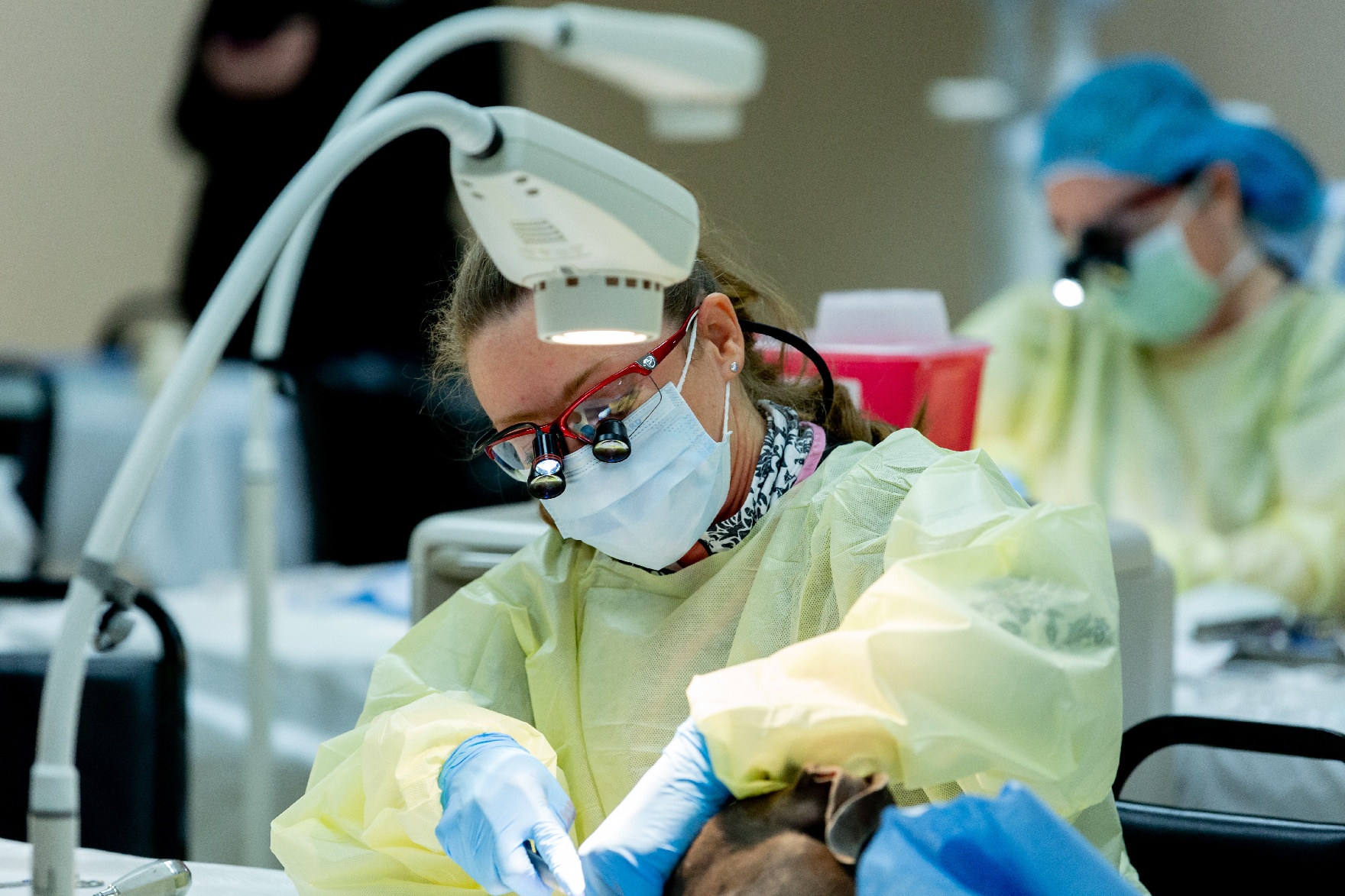The Newest Generation of Veterinarians
We all have a story—decisions, motivations, experiences, and maybe a little bit of luck that makes us who we are. As the veterinary class of 2022...
5 min read
Abby Crimm : March 26, 2020 12:03:57 PM PDT

On March 23, eleven veterinary leaders gathered and collaborated during an online summit organized by Viticus Group to inform the veterinary community on subjects relating to COVID-19.
Here are the five most significant takeaways from what the various epidemiologists, behaviorists, educators, and leaders of organized veterinary medicine said in Viticus Group's online COVID-19 Veterinary Summit (available to view here).
I put focusing on the basics first because that’s what comes first in the process of problem-solving. Start with what you DO know. For the most part, veterinary professionals and clinics have done an exceptional job of relying on the knowledge and training they already have to solve the new and complex problems we face today.
Steve Dale, writer and curator of the popular pet owners’ blog stevedalepetworld.com, expresses his and most pet owners’ reaction to how the veterinary profession immediately handled the news of COVID-19. He tells host Dr. Natalie Marks, “The veterinary profession has never looked so good. Instantly when this happened, it was as if veterinarians all over the country emailed one another and said, ‘We know what to do.’ And that’s because I think veterinarians are really prepared for this sort of thing. . . Pet owners are beginning to understand that, which is a very good thing.”
The kudos are well deserved, but that doesn’t mean we can forget to do little, oh-so-important things. Dr. Jason Stull, a veterinary epidemiologist from Ohio State and the University of Prince Edward Island, reminds us of those basic precautionary procedures that are critical during this time: emphasizing hand hygiene, disinfecting hard and frequently touched surfaces, and making sure we have the appropriate checklists and protocols in place.
Dr. Warren J. Hess from AVMA points out that because veterinary professionals regularly evaluate risk in making decisions every day, this is an opportunity for veterinary medicine to shine as positive examples of One Health practitioners. Using your scientific knowledge and skills to help benefit ALL of society, says Dr. Heather Loenser (AAHA), falls within the oath that veterinarians take when starting practice.
Apart from the basic safety measures that veterinary professionals are already trained to do, this pandemic situation calls for us to minimize or even eliminate contact with clients. There are multiple ways to accomplish this, and practices may decide to take different measures depending on location, specialty, or parking lot accessibility.
Tasha McNerney, a veterinary technician and founder of Veterinary Anesthesia Nerds, describes her practice’s use of curbside check-ins to minimize contact and risk. Don’t have clients come in except for cases of euthanasia. You can also offer curbside pickups for food and medication.
If clients are coming into your clinic, screenings for incoming clients are good precautionary tools. Instead of asking the client directly if they’ve been tested positive for COVID-19, however, you can ask if they think the animal has been exposed to people infected with COVID-19.
Dr. J. Scott Weese, an epidemiologist from Ontario Veterinary College and the University of Guelph, emphasized during the summit that social distancing isn’t isolation. It’s just a matter of controlling the number of our contacts. He recommends looking into telemedicine—we can easily manage many cases remotely.
Dr. Weese also mentioned a helpful thought experiment for practice leaders: Imagine one of your staffers got sick. During the course of a normal day in your practice now, who would they infect? How many people would they possibly infect? Thinking through it this way can help you put the proper corrections in place to create a safer environment and minimize contact.
As Dr. Tony Pease, Chief Veterinary Medical Officer at Viticus Group, said, you are not alone. There are organizations with hundreds of people working tirelessly to help you through this time of uncertainty.
Dr. Dana Varble with NAVC assured us during the summit that if you’re worried because your CE credit opportunities were canceled, don’t fret. As we speak, representatives are working with state boards to make it easier than ever to get online CE hours. More and more things will become approved, and organizations like Viticus Group, VIN, and VetFolio are working to keep veterinary professionals up-to-date.
The AVMA website is another valuable resource, with useful information about social distancing, adjusted workflows, home/mobile practitioners, preserving PPE, and much more.
In addition, veterinary behaviorist Dr. Kelly Ballantyne mentions that many behaviorists offer remote consulting or telecommunication treatment for pets that were already receiving treatment or pets who are struggling with recent changes. They can assist you or your clients while staying at home.
Speaking of behavior, some of you may have noticed a stress-level difference in your patients or even your own pets. More clients may be coming with questions about how to handle this new anxiety, or perhaps they’ve noticed more troubling behavior in their pets because of spending more time with them.
Dr. Marty Becker, the founder of Fear Free, also joined us for the COVID-19 online summit. He says that with a difference in routine frequently comes more anxiety. Pets that are accustomed to having the house to themselves during the day, walking and eating at certain times, or having their own daily routines are now finding their lives to be very different (I'm sure humans can relate to this, too).
Dr. Becker’s advice for pet owners is to start counter conditioning them. Take this as an opportunity to train them to tolerate certain things like nail trimming, for example. Teach them a new trick. Trick training is fun and doesn’t take a lot of time. It’s a great relationship-building activity!
Dr. Kelly C. Ballantyne says to “keep it as consistent as possible.” Feeding, walking, and leaving them alone at roughly the same time each day will help maintain some routine for them.
(Make sure your clients know that Fear Free is free to all pet owners and is full of activities and things to do with your pet to minimize fear and stress.)
Every summit speaker talked about staying positive and using this time as an opportunity to learn and do things you normally don’t get to do.
Dr. Justine Lee, critical care specialist and founder of VETgirl, especially focused on the positive things. One silver lining in this situation is that we get to spend more quality time with family. Use that time not to be stressed but to be creative and splurge on fun things for your family to enjoy. Use technology to connect, and enjoy the credit and shout outs the veterinary community will receive for all the important work we're doing.
Dr. Marty Becker says that it helps him to think of how these animals and clients need us. He tells us to take satisfaction in the fact that we are taking fear and anxiety away. Talk about the good stories you have while at home with your families, and avoid the negative ones. In short—celebrate the little things!
To cheer you up, I’ll end with something that Steve Dale directed toward all veterinary professionals. As a representative of pet owners out there, Dale says, “I know that people are grateful that you continue to be there when you’re needed, and you ARE needed. Always.”
Stay PAWsitive out there, folks. You’re appreciated!
Visit Viticus Group's COVID-19 in Veterinary Practice web page to get more news, updates, resources, and blogs about this novel virus.
Subscribe to our YouTube channel or check out our Resource Library full of great podcasts, videos, and digital downloads!
Disclaimer
Content may contain advertising and sponsorships. Advertisers and sponsors are responsible for ensuring that material submitted for inclusion is accurate and complies with applicable laws. We are not responsible for the illegality of any error, inaccuracy, or problem in the advertiser’s or sponsor’s materials.
Advertising material and/or opinions are not are not a reflection on Viticus Group.

We all have a story—decisions, motivations, experiences, and maybe a little bit of luck that makes us who we are. As the veterinary class of 2022...

Viticus Group is excited to launch the Viticus Veterinary Summit, an opportunity for veterinary professional to dive into an interactive virtual...

As we get ready for the Viticus Veterinary Summit, we look forward to the in-person, year-round WVC Academy courses Viticus Group is known for, as...